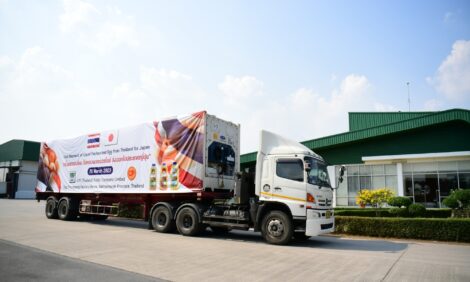



South Korea adopts regionalisation policy, limiting potential restrictions on US poultry exports
WASHINGTON, DC, 16 March 2018 – The US poultry and egg industry heralds the announcement that South Korea’s Ministry of Agriculture, Food and Rural Affairs has adopted a regionalisation policy, which will prevent a countrywide ban on US exports to Korea in the event of a future finding of highly pathogenic avian influenza (HPAI)As a result, should a case be found, only exports from the affected state(s) will be restricted, allowing the rest of the US to continue shipping poultry and egg products to the Korean market.
“The US has one of the most stringent surveillance, eradication and monitoring programs in the world when it comes to avian disease,” said National Chicken Council (NCC) President Mike Brown. “I want to thank our administration for their efforts in working with the South Koreans to adopt this policy of regionalisation.”
“The US now becomes the world’s most reliable supplier of poultry products to Korea,” added Jim Sumner, president of the USA Poultry & Egg Council (USAPEEC). “No other country has such a regionalisation agreement with Korea. We should now become their top outside supplier of chicken, turkey, eggs and egg products.”
Korea was growing to become one of the leading markets for US chicken, turkey, and eggs when the US was hit by a devastating outbreak of HPAI in 2014 and 2015. That resulted in a series of lengthy bans on poultry and egg exports from the entire US, even though only certain states were affected. The outbreak cost the industry an estimated $4.2 billion in lost exports and U.S. domestic sales. Of that total, about $387 million, or 9.2 percent, can be attributed to South Korea.
We are most appreciative of the efforts of International Services and Veterinary Services at the US Department of Agriculture (USDA) Animal and Plant Health Inspection Service (APHIS), which encouraged Korea to follow OIE (World Organization of Animal Health) guidelines, and provided assurances that the US has a reliable system in place to assure that any future outbreaks would be contained.
NCC joined USAPEEC, the National Turkey Federation, United Egg Producers and American Egg Board in expressing appreciation for their efforts.
As reported by the National Chicken Council









